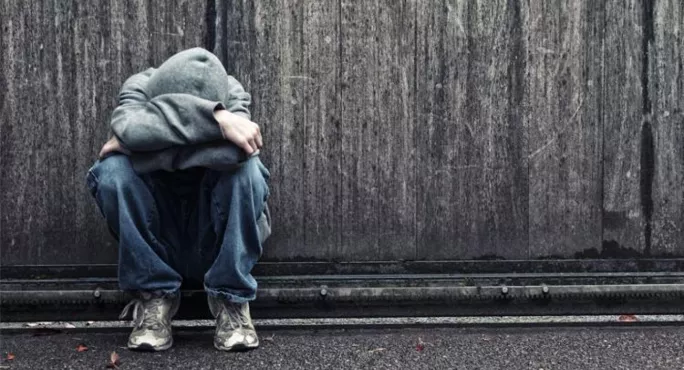- Home
- PRUs closing and ‘bursting at the seams’ amid rising exclusion rates
PRUs closing and ‘bursting at the seams’ amid rising exclusion rates

Pupil referral units in areas across the country are struggling with placements amid rising numbers of exclusions, experts say.
The pressure on alternative provision was laid bare earlier today during an evidence session held by the Commons Education Select Committee as part of its inquiry into alternative provision.
Jules Daulby, director of education at The Driver Youth Trust, reported that Dorset County Council has closed the door on most new entrants to its five pupil referral units for the summer term because of a pressure on places.
Ms Daulby told Tes that Buckinghamshire, Barnsley and Bristol were areas under similar pressure. She said that children were suffering because mainstream schools, on the whole, were becoming less inclusive and more obsessed with exam results and league tables and accountability
Nick Jarman, director of children’s services at Dorset County Council, later confirmed that the local authority had made the “difficult decision” to stop taking referrals.
The council had already funded places “significantly beyond our statutory duty” and only children who were permanently excluded or had health reasons for needing a place would be admitted, said Mr Jarman.
“Our five learning centres located in Weymouth, Dorchester, Blandford, Sherborne and Christchurch are now running very close to capacity. The county council has funded places significantly beyond our statutory duty from the High Needs Block which has contributed to a large deficit in the budget.
“We must ensure we can meet the needs of those children that we have a duty to provide for - those permanently excluded and children who, because of illness or other reasons, would not receive suitable education without such arrangements being made.”
In Buckinghamshire, Debra Rutley, headteacher at Aspire, a multi-site secondary school for alternative provision, said providers were “bursting at the seams” and getting fuller earlier in the school year.
“We have capacity to take two hundred children and generally reach that capacity by May,” she said. “This year we were full before Christmas.”
Headteachers in neighbouring counties were reporting similar problems, she said. “There are some children who do not have any provision when they get permanently excluded because there is nowhere to go.”
Ms Daulby told Tes: “I don’t think our children have got naughtier over the years and yet exclusions have gone up. It is very complex.
“One of the reasons is that schools - not all schools - are not as inclusive as they used to be. The trouble is that we do not have the information on why individual children are leaving. We need more of a data trail on why children are leaving and where they are going.”
David Whitaker, executive principal at Springwell Learning Community, which is part of the Wellspring Trust and provides alternative education for Barnsley, said there was “significant pressure” in alternative provision.
He said it was not “uncommon” for PRUs to be full at this time of year and only take permanently excluded children, adding that the situation was usually alleviated when Year 11s left in the summer term.
Mr Whitaker cited the “massive pressure” around accountability and the fact that cash-strapped schools were struggling to deal with children presenting with increasingly complex needs.
Asked what can be done, Mr Whitaker said: “My own personal view is that sometimes children need to be in an alternative setting and they need to be in a specialist setting but that needs to be for all the right reasons, and so it needs to be because that’s what they need, not because the school either hasn’t got the funding, the skill, the ability or even the values to keep the children in school. There’s a lot of variables in the system.”
He added: “There should be something in the accountability system that praises and champions inclusion or there should be enough money in the system to allow the children to remain in mainstream, with additionality, even if they haven’t got an education health and care plan.” He said the pupil premium “doesn’t go anywhere near what is needed.”
Keep reading for just £1 per month
You've reached your limit of free articles this month. Subscribe for £1 per month for three months and get:
- Unlimited access to all Tes magazine content
- Exclusive subscriber-only stories
- Award-winning email newsletters



